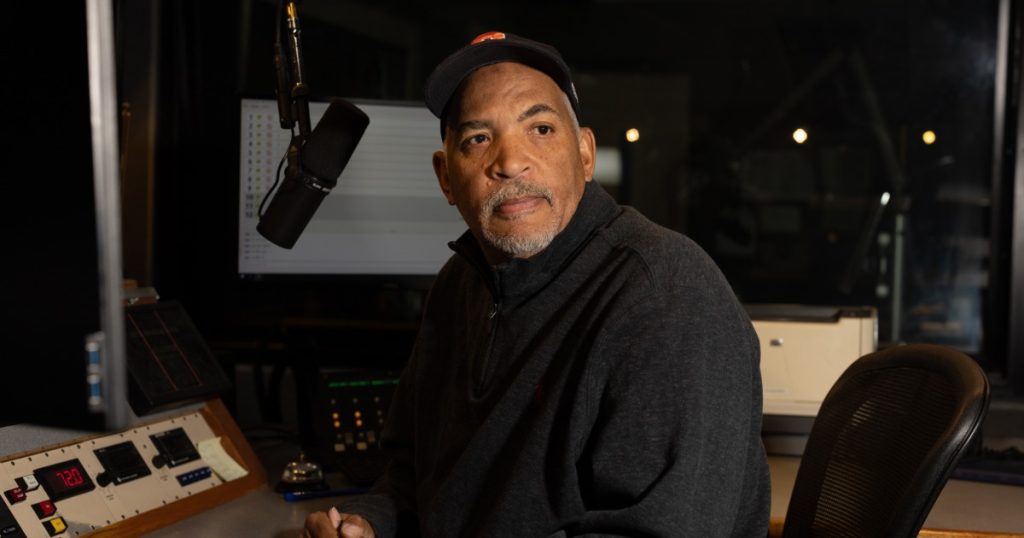Black conservative radio host Shelley Wynter sparked controversy when he appeared on CNN and divided the Black male electorate in the U.S. into “house African Americans and field African Americans.” Wynter compared this election to the division between house slaves and field slaves during slavery, claiming that field African Americans are supporting Donald Trump. His comments were met with shock and criticism, especially from those who found invoking slavery inappropriate.
The intense focus on the Black male vote in the upcoming election was highlighted by Wynter’s comments, with many acknowledging the power and influence this demographic may have in November. Wynter’s remarks have provoked discussions surrounding social class divisions within the Black community and the importance of Black voters in the current political landscape. The controversy surrounding his statements reflects the heightened attention paid to the Black vote in this election cycle.
Wynter defended his comments, citing a speech by Malcolm X and arguing that he was using an analogy to explain the attitude of some Black people towards power. He claimed that those who took issue with his remarks were overanalyzing them and misunderstood the context in which he was speaking. Despite the backlash, Wynter maintained his stance and emphasized the diversity of opinions and experiences within the Black community.
However, critics like organizer Lesley Mac viewed Wynter’s comments as misguided and harmful. She argued that invoking slavery for political gain and portraying Black voters in simplistic stereotypes only serves to perpetuate division and overlook the complex issues facing the Black community. Mac emphasized the importance of understanding the legacy of oppression and the ongoing struggle for Black empowerment, which she believed Wynter’s comments failed to acknowledge.
Rashawn Ray, a senior fellow at the Brookings Institute, acknowledged the problematic nature of Wynter’s comments but also pointed out that they shed light on deeper issues such as class differences, colorism, and divisions within Black communities. While the comparison to slavery was criticized for being inappropriate, Ray suggested that the language used by Wynter revealed underlying tensions and complexities within the Black electorate. The controversy surrounding Wynter’s remarks has sparked conversations about the diversity of perspectives and experiences within the Black community.
Ultimately, the backlash against Wynter’s comments reflects the sensitivity and significance of discussions surrounding race, power, and representation in the current political climate. While some defended his right to express his views and draw parallels to historical events, others criticized the way in which he framed the conversation and the potential harm caused by perpetuating stereotypes. The ongoing debate around Wynter’s comments highlights the complexities of navigating discussions about race and politics, particularly within the Black community.


